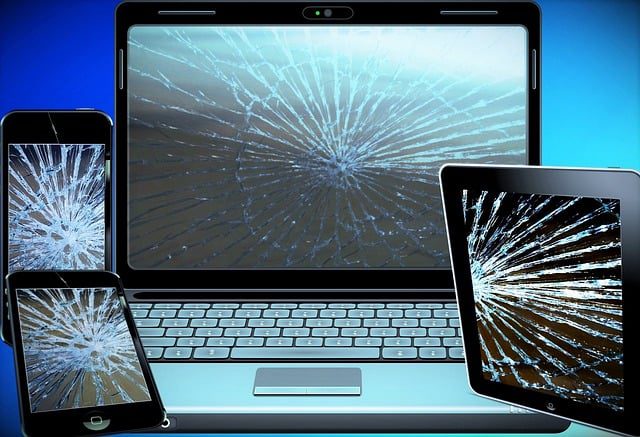
The disassembly and separation of components and raw materials of waste electronics can be termed computer recycling, electronic recycling, or e-waste recycling. Due to increased awareness and investment, more and more devices are recycled worldwide. The main goal of recycling computers is to recover valuable metals which are in short supply. After purification of recycled electronics, these are resold and reused in new computers. In this way, a circular and sustainable economy is created.
Contents
Methods of Recycling
Various methods are used for recycling computers and electronics. Here is a list of some of the methods used for electronics recycling. These are as follows
- Scrapping recycling
- Consumer Recycling
- Exchange Recycling
- Donation Recycling
- Take back recycling
Let’s understand the methods mentioned above of recycling computers and electronics one by one.
Scrapping recycling
Electronics such as mobile, computers, laptops, and other gadgets are tested for reuse and repaired in this recycling process. Even if these electronics are broken somehow, they possess the same efficiency after being repaired.
Toxic batteries and capacitors are manually checked to be separated if needed. If these electronics cannot be repaired for further use, then their parts are disassembled and sold for future use. Precious metals, plastic fractions, and glasses are separated and sold to re-processors. TVs and monitors are disassembled manually to remove toxic lead and mercury from CRTs and flat screens.
Consumer recycling
In this process, electronics waste is sent back by consumers to their original manufacturer for future use. Some donate it to non-profit organizations such as ONIT, WCE, and others in need, and e-waste components are sold to refurbishers or recyclers.
In this way, raw materials are used less by the manufacturer. Consumer recycling is an essential step for sustainable development. Awareness among people regarding consumer recycling is continuously increasing, which has led to placing more and more of their recyclable material in recycling bins instead of placing it in landfills. It offers societal and environmental benefits and provides the source materials to various companies for the sustainable production of products and goods.
Exchange recycling
Most companies purchase old computers and gadgets from the same consumers after selling a new one. They also offer free replacement service after a new purchase and resell it to others at a low price with some years of warranty.
In this electronics recycling process, wastes of the first electronics become the raw materials for the next. In this way, electronics are reused and resold. These hazardous materials are not thrown into incinerators and hence play an essential role in making the environment pollution-free.
Donation recycling
Many refurbished computers are distributed to various families by non-profit and governmental organizations. This is possible only due to those who donate their old electronics to these organizations instead of throwing them into trashes, landfills, or others.
Various non-profit organizations recycle the old electronics after collecting them and then help the non-profit and charitable schools and sectors. In this way, the environment gets protected from the hazardous effects produced after the disposal of these electronics. People who can’t afford such gadgets are also helped.
Take back recycling
Most computer manufacturing companies offer their consumers to recycle computers. They take old computers back and recycle them to resell to the new users only after the user’s request.
Reasons for recycling
E-cycling
- All the aluminum is separated from the metals with the help of an electromagnet.
- Hard drives are shredded properly.
- Hardware for destruction is received in locked and securely transported vehicles.
- The remaining hard drive parts of electronics are molded into aluminum ingots.
Final verdict

Hey there! I’m Kuldeep Kumar, and tech is my jam. From the mind-blowing world of AI to the thrilling battlegrounds of cybersecurity, I love exploring every corner of this amazing world. Gadgets? I geek out over them. Hidden software tricks? Bring ’em on! I explain it all in clear, bite-sized chunks, laced with a touch of humor to keep things sparky. So, join me on this tech adventure, and let’s demystify the wonders of technology, one blog post at a time.
